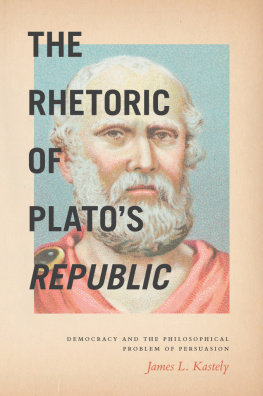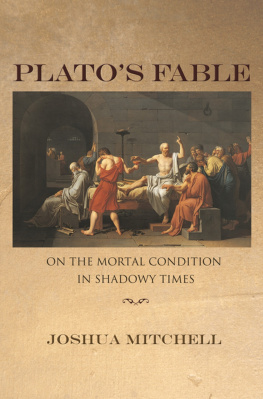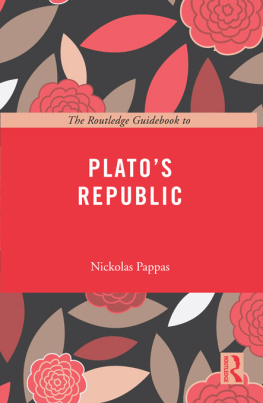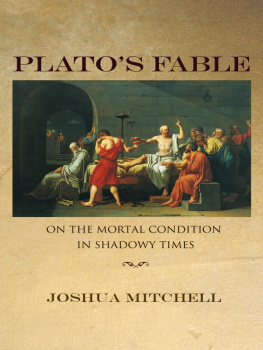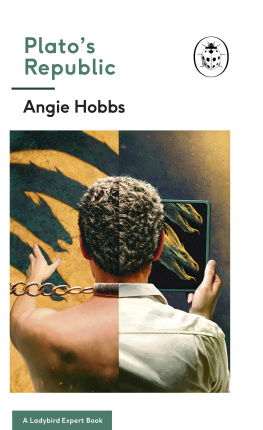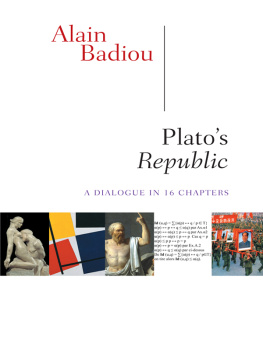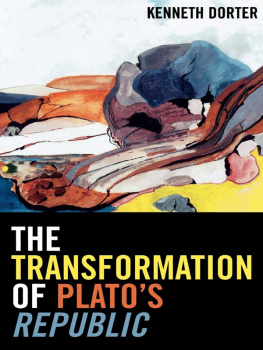Townsend - The woman question in Platos Republic
Here you can read online Townsend - The woman question in Platos Republic full text of the book (entire story) in english for free. Download pdf and epub, get meaning, cover and reviews about this ebook. year: 2017, publisher: Lexington Books, a division of Rowman & Littlefield Publishers, Inc., genre: Detective and thriller. Description of the work, (preface) as well as reviews are available. Best literature library LitArk.com created for fans of good reading and offers a wide selection of genres:
Romance novel
Science fiction
Adventure
Detective
Science
History
Home and family
Prose
Art
Politics
Computer
Non-fiction
Religion
Business
Children
Humor
Choose a favorite category and find really read worthwhile books. Enjoy immersion in the world of imagination, feel the emotions of the characters or learn something new for yourself, make an fascinating discovery.
- Book:The woman question in Platos Republic
- Author:
- Publisher:Lexington Books, a division of Rowman & Littlefield Publishers, Inc.
- Genre:
- Year:2017
- Rating:3 / 5
- Favourites:Add to favourites
- Your mark:
- 60
- 1
- 2
- 3
- 4
- 5
The woman question in Platos Republic: summary, description and annotation
We offer to read an annotation, description, summary or preface (depends on what the author of the book "The woman question in Platos Republic" wrote himself). If you haven't found the necessary information about the book — write in the comments, we will try to find it.
The woman question in Platos Republic — read online for free the complete book (whole text) full work
Below is the text of the book, divided by pages. System saving the place of the last page read, allows you to conveniently read the book "The woman question in Platos Republic" online for free, without having to search again every time where you left off. Put a bookmark, and you can go to the page where you finished reading at any time.
Font size:
Interval:
Bookmark:
On the other hand, it is unlikely from the very outset that so interested a stance on our problem will be beneficial; the ascetic priest is hardly going to be the most apt defender of his ideal, for the same reason that a woman usually fails when she sets out to defend woman as suchnot to mention that he will hardly be the most objective judge in this agitated controversy. Thereforethis much is already clearits more likely well have to help him adequately defend himself against us, rather than needing to fear that hell handily disprove us.
Nietzsche, Genealogy of Morals III.11
What, I said, is the funniest thing you see among them? Or isnt it clear its the women, naked, exercising in the palaestra together with the men, not only the young ones, but also the older ones right there, like the old men in gymnasiums, who though theyre shriveled and not a pleasant sight, love to exercise still?
Republic V.452ab
Lets test it out, and see which of the sexes is worse: we say its you, and you say its us.
Aristophanes, Women at the Thesmophoria 801
The Woman Question in Platos Republic
Mary Townsend
LEXINGTON BOOKS
Lanham Boulder New York London
Published by Lexington Books
An imprint of The Rowman & Littlefield Publishing Group, Inc.
4501 Forbes Boulevard, Suite 200, Lanham, Maryland 20706
www.rowman.com
Unit A, Whitacre Mews, 26-34 Stannary Street, London SE11 4AB
Copyright 2017 by Lexington Books
All rights reserved . No part of this book may be reproduced in any form or by any electronic or mechanical means, including information storage and retrieval systems, without written permission from the publisher, except by a reviewer who may quote passages in a review.
British Library Cataloguing in Publication Information Available
Library of Congress Cataloging-in-Publication Data Available
ISBN 978-1-4985-4269-2 (cloth : alk. paper)
ISBN 978-1-4985-4270-8 (pbk. : alk. paper)
ISBN 978-1-4985-4270-8 (electronic)
 The paper used in this publication meets the minimum requirements of American National Standard for Information SciencesPermanence of Paper for Printed Library Materials, ANSI/NISO Z39.48-1992.
The paper used in this publication meets the minimum requirements of American National Standard for Information SciencesPermanence of Paper for Printed Library Materials, ANSI/NISO Z39.48-1992.
Printed in the United States of America
Contents
Here follows an abbreviated list of those to whom I owe thanks, gratitude, and unpayable debts, whether as teachers, readers, writers, editors, students, child-minders, those with good counsel, and/or saving graces:
Ronna Burger, Richard Velkley, Carl Page, Eva Brann, Oliver Sensen, Norah Lovell, Judith Gruber, Katherine Nehring, Rebekah Eagle, Barbara McClay, Mary Duffy, Clare Coffey, Evelyn Ann Clausen, Tom Luongo, Charlotte Maheu Vail, Brendan Cook, Rick Godden, Harold Tarrant, Drew Chastain, Ben Bayer, Travis Mulroy, Haley Butler, Shane Gassaway, Caitlin Bean, Anita Singh, Noel Brockett, Everett Reed, Erikk Geannikis, Nini Aduashvili, Tucker Fuller, Jenny Windstrup, Elizabeth Gross, Carol Breaux, an anonymous reader, Jana Hodges-Kluck, Rachel Weydert, Jeff and Catherine Townsend, Nancy Brockett, Emily Townsend, and Hayden Brockett.
At the beginning of the 15th century, no one in Catholic Europe was reading Platos Republic because no one had a copy, let alone one in a language they could read. Though the works of Aristotle had long been a commonplace, all that was obtainable of Platos books, whole and entire, was an imperfect handful. What could have made Bruni regard Platos masterpiece as containing that which would damage Platos reputation forever?
The Republic , as everyone knows, is a remarkable book; it possesses the strange power to repel one reader, just as much as it attracts another. It draws the reader over a remarkable variety of terrain in the pursuit of Justice in itself; it is, as has been justly remarked, rather like a modern novel, not unlike Joyces Ulysses in its depth and breadth of subject: a self-contained aporetic argument on the question what is justice, a lengthy description of the details of several versions of the best and most just city, a plan for philosophic education and the nature of knowing and philosophy, a discussion of imperfect regimes, two separate critiques of the poets, and a remarkable closing myth of a living mans journey to the underworldall conducted in the space of one evenings conversation. Among this tangle of arguments, the majority initiated by the request of Socrates interlocutors, who wish to hear justice praised itself by itself, many have found its discussions of the best city to be of themselves grounds enough for polemic. Yet each generation chooses its personal bte noir from among the many odd details, whether it be the strange division of profession among three tiers of differently bestowed souls, the abolition of private property among the ruling class known as the guardians, or the final banishment of the poets from the city. In truth, Socrates just city can hardly be said to be a satisfying thing to read about: while some decry the book for its communistic tendencies, others denounce it as reactionary. But for Bruni and for many others, it is what Socrates has to say on the woman questionnamely, what the role of women in the political community should bethat is peculiarly and perennially antagonizing.
Now, one might expect that in the 20th century, given its revolutions in customs with respect to women, that readers would be more in charity with at least some of Socrates proposed changes; but such is not the case. Even apart from the 20th-centurys preoccupation with injustice, power, and politics as hermeneutics, the Republic on its own engenders an intensity with respect to all questions of justice, both great and small. And so one admirable if potentially tedious plan of attack, given the numerous oddities of his laws, is to consider each detail of Socrates civic construction in the light of whether any given law or arrangement would be perfectly and thoroughly just. Such is no less the case for the proposals of the First and Second Waves; and the question 20th- and 21st-century scholars most frequently ask is this: has Plato done justice to women? The sense remains that, no, Plato has not, not nearly enough; the real variation in judgment arises over the extent to which the reader is willing to be magnanimous toward his imperfect efforts.
This done, the reader is free to manufacture without guilt a straightforward answer from out of all the conversational back-and-forth to their own preoccupations, without interesting themselves in the concerns of Socrates and his interlocutors. And so Socratic pedagogy no less than Socratic irony is left behind. But worst of all, such willfully short-sighted reading makes Plato appear deeply uninteresting as a thinker, someone obviously and easily superseded by better logic or a few tweaks to his admittedly hyperbolic arguments; and so a book that is a forest of images gets reduced to a theatrical stage-flat, something hardly worth picking up on its own in a moment of reading leisure. This artificial problem becomes multiplied when the so-called words of Plato are reported, in a game of scholarly telephone, amongst all other fields with an interest in receiving a few words on Platos position on women and then moving on with their argumentsa situation ironically similar to the European Medievals arguing over their scraps, but much less forgivable. The loss is the more unnecessary, considering that to the unschooled reader who in all innocence picks up the work, its form immediately announces itself as a dramatic conversation; so much so that first-time readers will even confuse it for a stage-play, if rather an ambitious one.
Now, by the end of the 20th century, there was a rough consensus among scholars of philosophy, at least, that dialogic form was a key element in Platos writing, and as such ought to be taken into account by anyone who wished to interpret any given one of his books. The minor problem remained, however, that there was no consensus on just how the form was to be taken into account.
Next pageFont size:
Interval:
Bookmark:
Similar books «The woman question in Platos Republic»
Look at similar books to The woman question in Platos Republic. We have selected literature similar in name and meaning in the hope of providing readers with more options to find new, interesting, not yet read works.
Discussion, reviews of the book The woman question in Platos Republic and just readers' own opinions. Leave your comments, write what you think about the work, its meaning or the main characters. Specify what exactly you liked and what you didn't like, and why you think so.

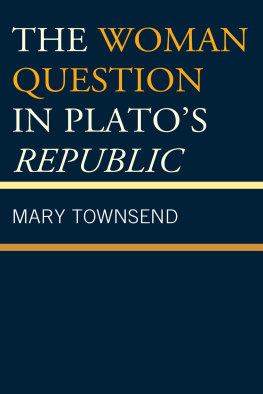
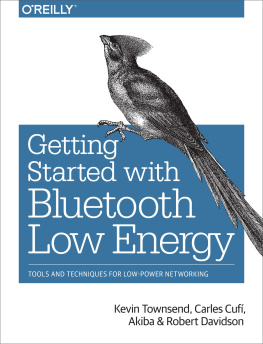
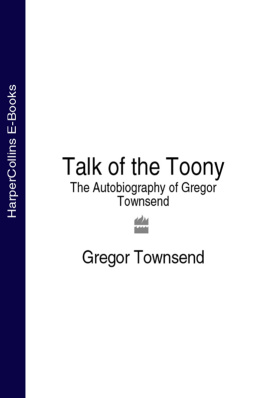
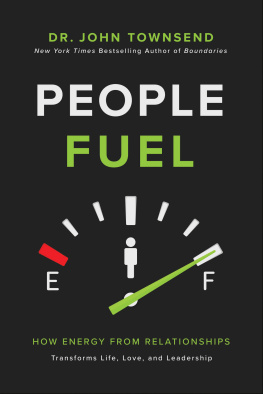
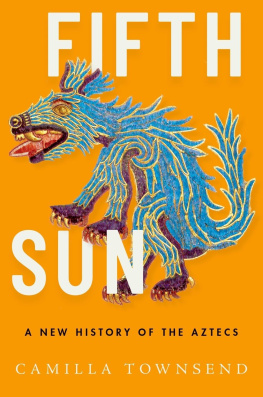
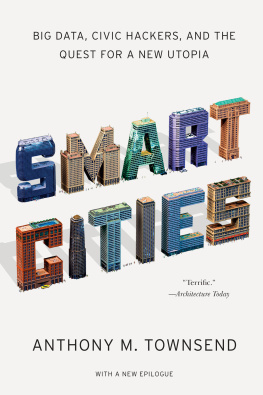
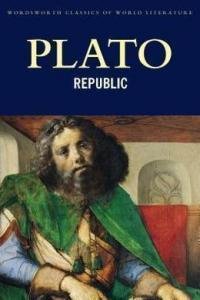
![Averroes on Platos Republic [trans. Ralph Lerner] (Cornell - Averroes on Plato’s Republic](/uploads/posts/book/324094/thumbs/averroes-on-plato-s-republic-trans-ralph.jpg)
